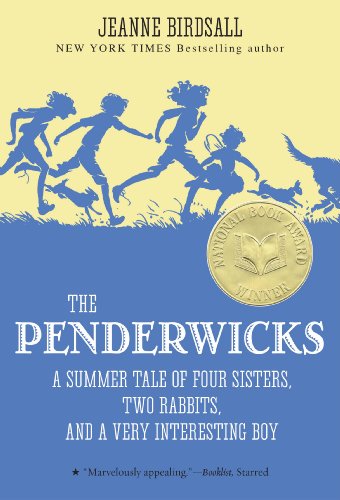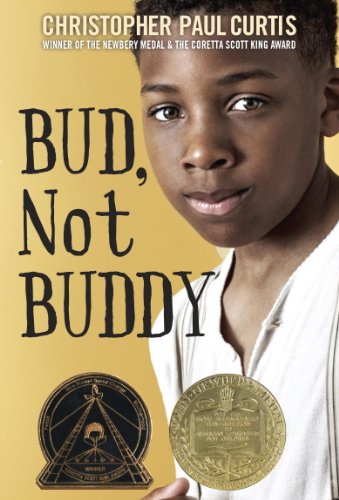I was raised to be an Anglophile. As a child, my mother spent two memorable years in England, while her father was stationed there, and the experience affected the rest of her life and the education of her daughters. We were probably the first family in our small Kansas town to make Masterpiece Theatre "must watch" TV. My sister and I learned the ranks of aristocracy by memorizing the mnemonic "Do Men Ever Visit Boston"(Duke, Marquis, Earl, Viscount, Baron) and how to love a good cup of hot tea, even if it was Lipton. Even if she disagreed with some of Parliament's policies and decisions, England remained Mother's spiritual "home-away-from-home," a dampish Shangri-La.
 That's why I'm sorry she never found Bill Bryson's book, Notes from a Small Island; she would have enjoyed it so much. Like Peter Mayle's travelogue of the English expatriate living in France, Bryson gives an educated outsider's view of life in a foreign country. In this case, it's the perspective of an American living in England.
That's why I'm sorry she never found Bill Bryson's book, Notes from a Small Island; she would have enjoyed it so much. Like Peter Mayle's travelogue of the English expatriate living in France, Bryson gives an educated outsider's view of life in a foreign country. In this case, it's the perspective of an American living in England.Bryson is one of those impetuous, imaginative Americans grown-ups admire until their children try to follow his example. He was backpacking around Europe, on a summer break from college, when he impulsively decided to leave school and start living and working in England. Two years later, Bryson returned to America, married and ready to finish his studies. Diploma in hand, he bolted back to the U. K. for a journalism career. He and his family have lived in one country or another ever since so he's developed an understanding of both cultures and how they differ.
To begin, there's the problem of everyday words. Shaw said what we've all guessed for ages: that the United States and Great Britain are two countries separated by a common language. Common words are spelled different ways and mean different things to British and American citizens, and there was no English/American dictionary or Google available when Mr. Bryson first stepped on British soil.Then, he was at a complete loss when a hotel owner instructed him to "remove his counterpane" at night. Poor man. I could have told him the landlady was talking about his bedspread, but then Mom raised me on A Child's Garden of Verses. Sure, the poet was Scottish, but that's still closer to England than Iowa.
 |
| Mr. Bryson (from his FB page) |
So, until or unless a miracle happens, and I find my own way to England, I'll be thrilled to read Mr. Bryson's tales. Not only do they soothe the heart of an ardent Anglophile; they remind me of my Mum.












